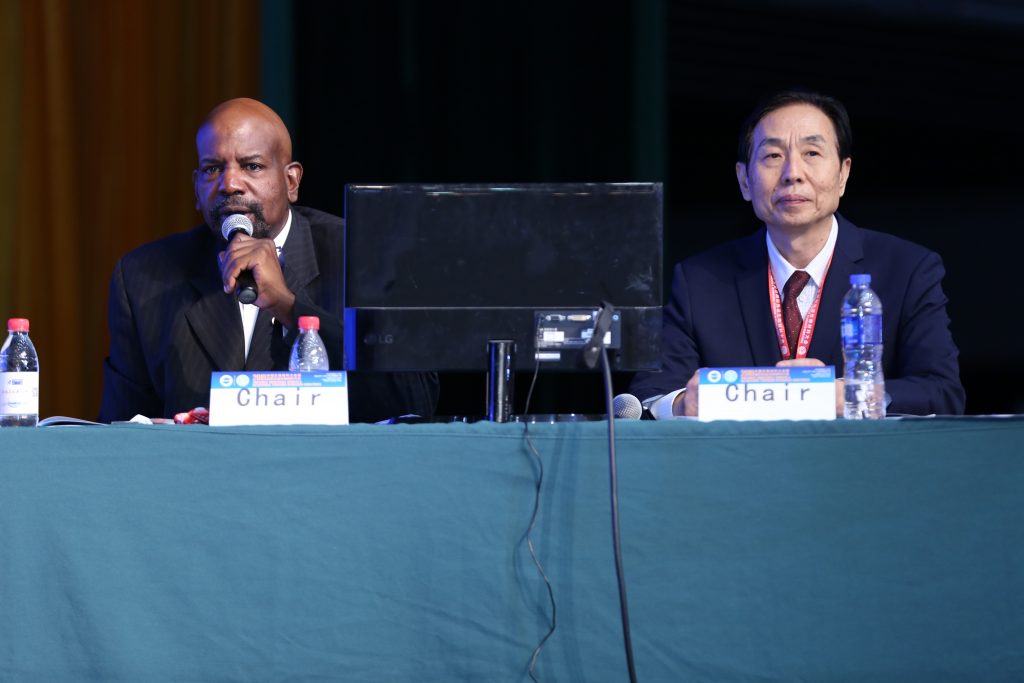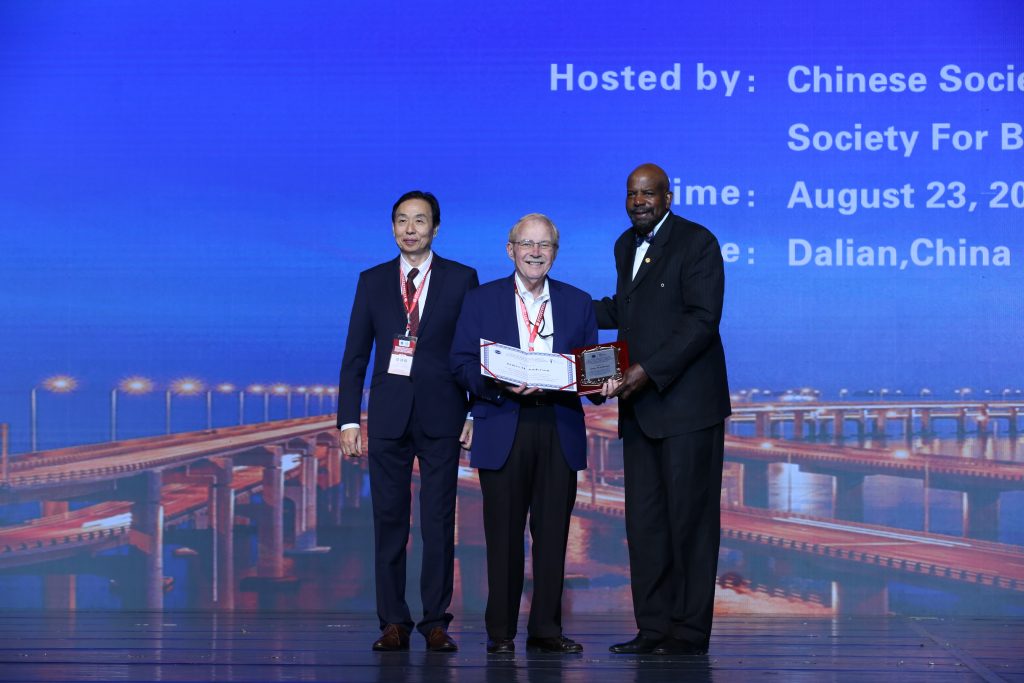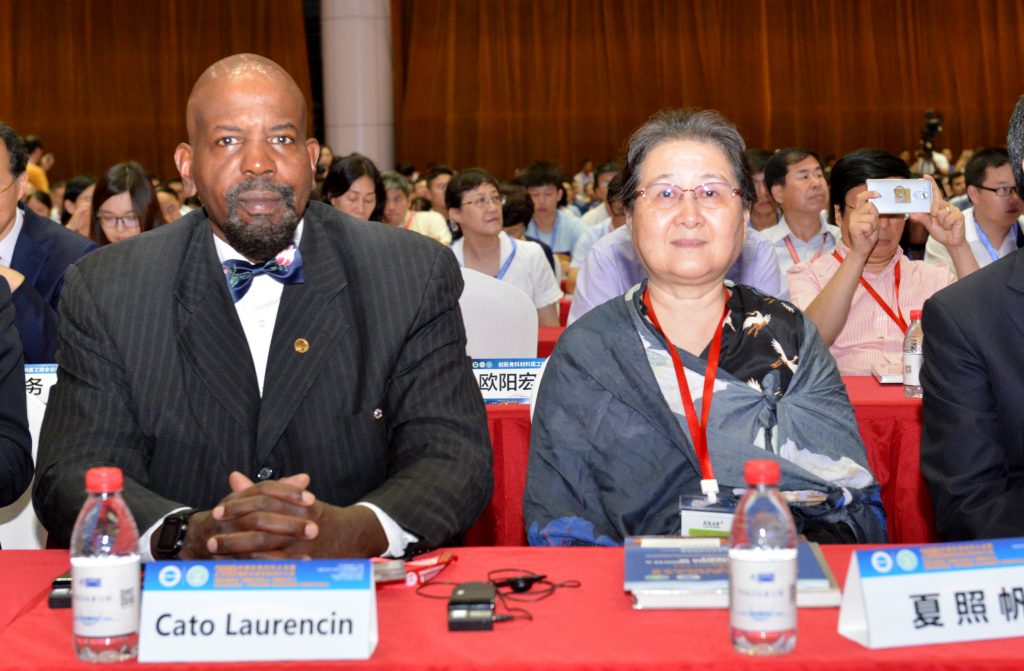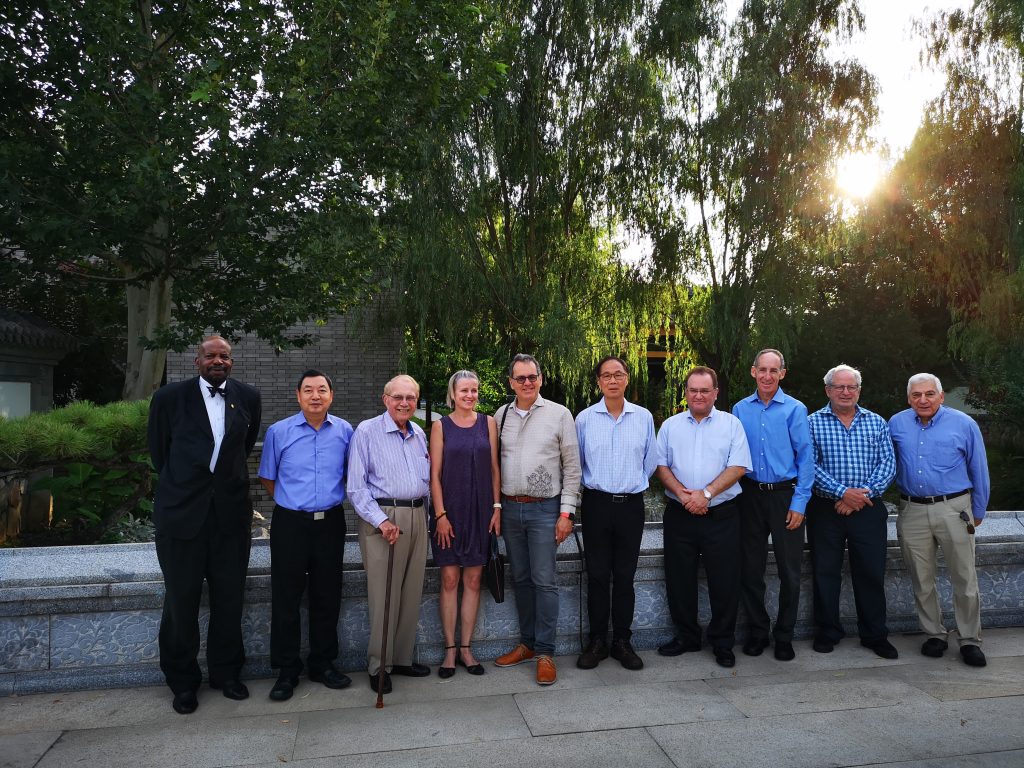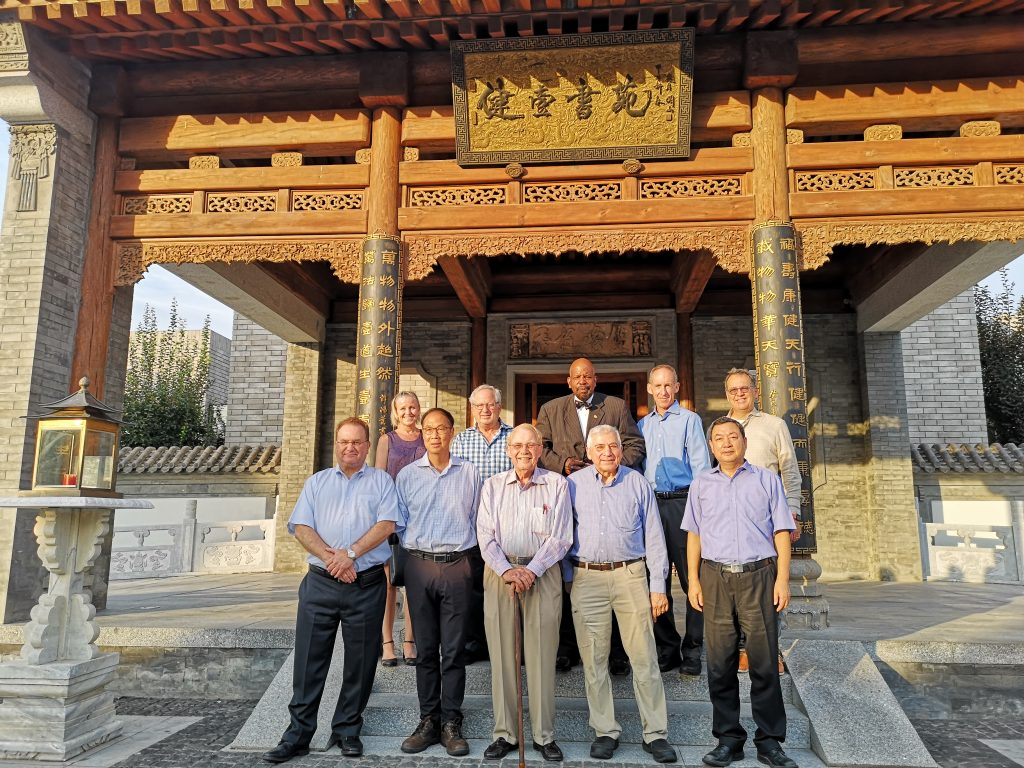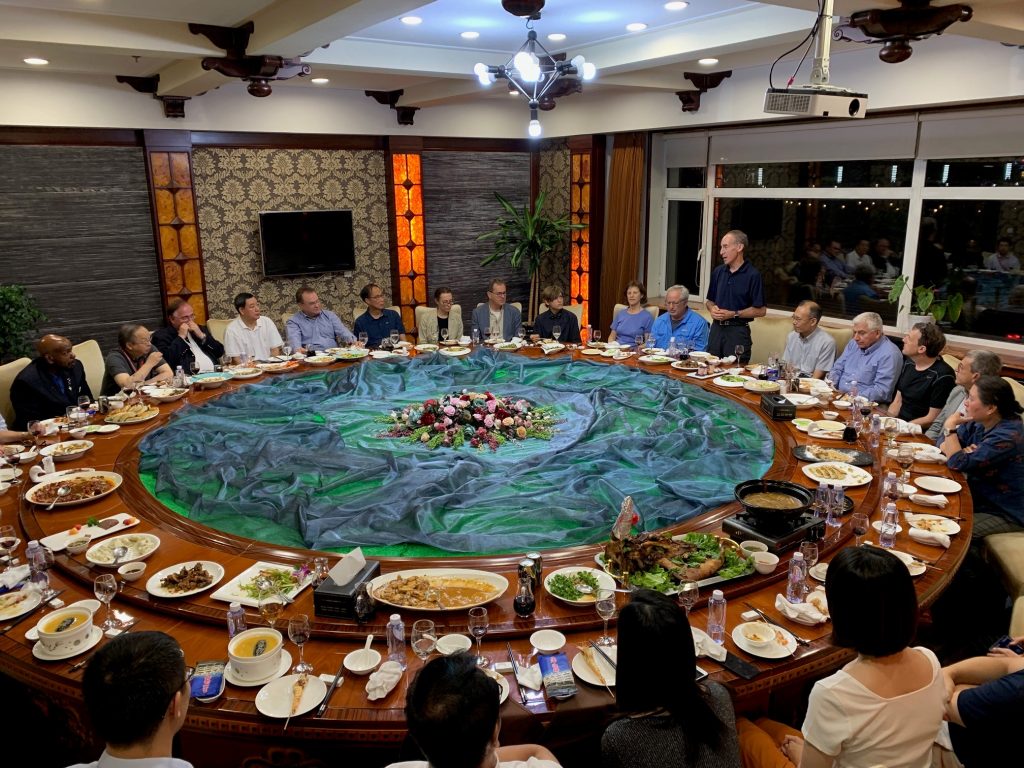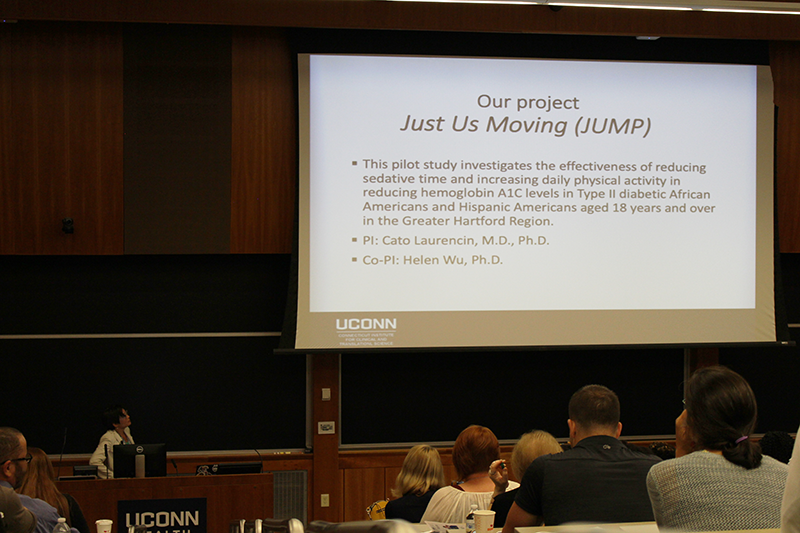Researchers at UConn Health have developed a new framework to improve the quality of healthcare by identifying and addressing unpredictable medical events before they emerge.
The new medical events preparedness strategy, Surprise Anticipation and Recognition Capability (SARC), is adapted from an established military strategy of the U.S. Navy. SARC is the brainchild of Dr. Cato T. Laurencin, CEO of the Connecticut Convergence Institute for Translation in Regenerative Engineering at UConn Health. Laurencin recognized the demand for a SARC structure due to the nation’s medical practice evolving from a reactive to a proactive paradigm.
“The new SARC framework will be instrumental in healthcare quality improvement as it relates to preparedness and avoiding the negative effects of unexpected events,” says Laurencin.
According to Laurencin, the goal of SARC is to not only react to information provided to us, but to analyze, assess and prepare for circumstances that may arise unexpectedly, in effect, surprise.
At the heart of the SARC framework are the following three recommendations:
- Reduce the number of surprising events through planning.
- Develop strategies that establish resilience when confronted with surprise.
- Improve capabilities to coordinate a timely and effective response when unimagined circumstances occur.
“We are excited to implement this new structure and assess the beneficial outcomes that SARC will provide to the medical community.” says Dr. Randall C. Morgan, Executive Director of the W. Montague Cobb/National Medical Association Health Institute. SARC is a new strategy for the medical community to begin to consider, and provides the tools to mitigate even the extreme and low probability phenomenon, and provide a new paradigm for improved healthcare.
